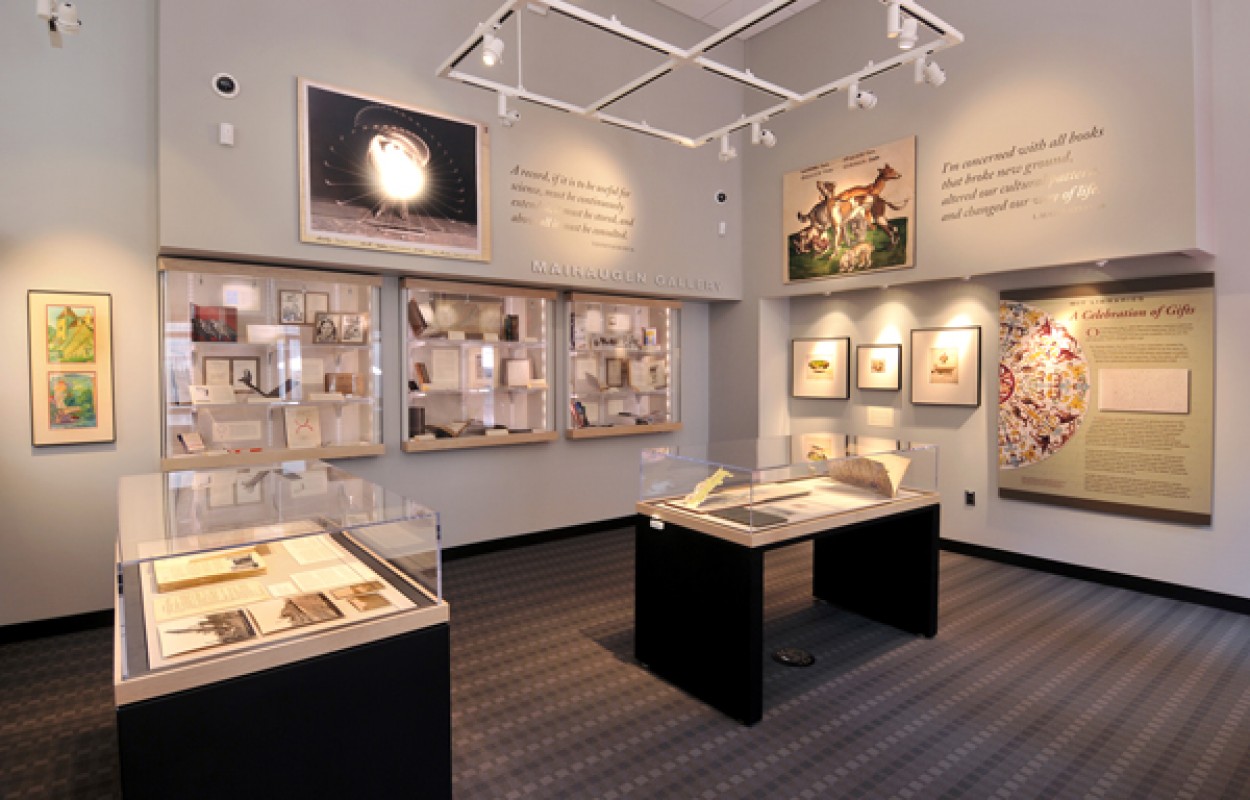A Wider Horizon
Throughout her life, Katharine Dexter McCormick widened the horizons of what was possible for women. A suffragist, philanthropist, and scientist, she broke boundaries from an early age, becoming one of the first women to graduate from MIT. She later went on to fund McCormick Hall, the first on-campus dormitory for women at MIT.
